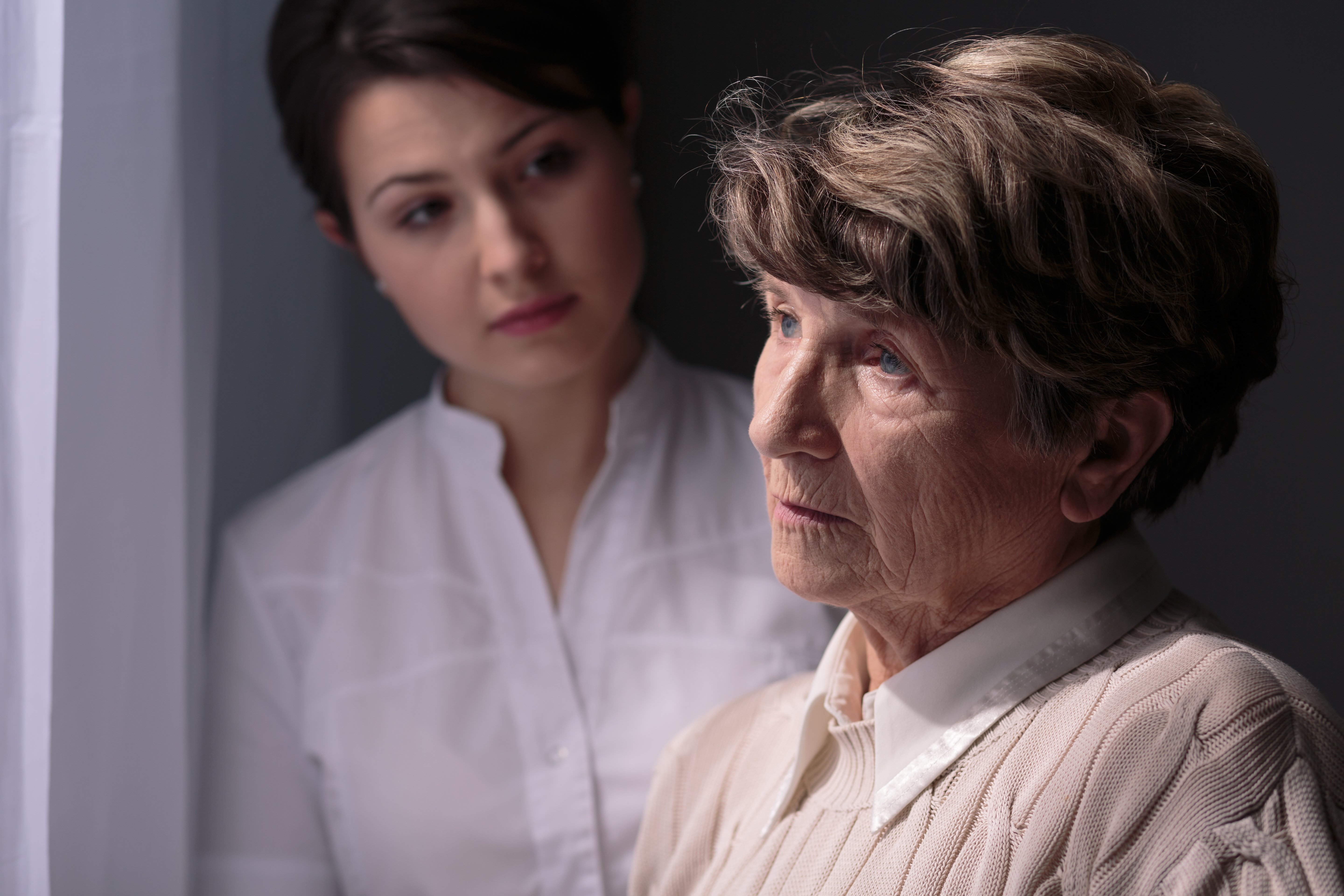
For many years, your parents helped you navigate life. Now, as they age, it’s time for you to help them. It won’t always be easy — who wants to admit they need some help managing their day-to-day life — but if you suspect your loved one might no longer be safe and healthy living on their own, the best thing you can do is get them the care they need.
Assisted living communities offer apartment-style living options that allow your parents to live in a home-like environment while receiving assistance with activities of daily living. In addition to the personal care support your loved one can receive in an assisted living community, a variety of activities, programs, outings, and dining options are available.
So how can you feel more confident about whether circumstances suggest your loved one should no longer be living alone?
Although every situation is different, here are eight signs it’s time to begin considering assisted living.
1. Difficulty Managing Activities of Daily Living
Although difficulties with some of the activities of daily living can sometimes be remedied by having more in-home assistance, a move to an assisted living community may be the best solution. Not only do staff at assisted living communities help with these activities, but they also provide meals, housekeeping, transportation, and a wide range of amenities and activities for your loved one to participate in.
2. Days Spent Without Leaving the House
It’s normal for seniors’ social circles to shrink with age. Whether their friends have passed or moved away or your loved one can no longer drive, lack of companionship is associated with depression and heart problems in older adults. Does your mom still get together for lunches with church friends or participate in her book club? Has your dad cut back on meeting his friends at the local restaurant for coffee?
There are many reasons elderly adults cut back on activities, but dropping out of everything and showing interest in almost nothing is a red flag for depression. Assisted living communities offer seniors the opportunity to form active friendships and to partake in regular outings that keep them more mobile and active.
3. Unopened Bills and Letters Pile Up
Sometimes you can find warning signs of cognitive decline in the mailbox. Next time you go to your parents’ house, keep your eyes peeled for unopened personal mail or bills, letters from financial institutions, and thank-you messages from charities. Individually, these might not be issues. However, if you find a lot of mail scattered around and unopened bills, this can indicate that your loved one is having difficulty managing their finances.
4. Drastic Changes in Appearance
A sudden change in appearance can indicate trouble. Perhaps your mom is having trouble getting to the grocery store or remembering how to cook her favorite recipes, so she’s experiencing noticeable weight loss. Maybe your father is indulging in meals and snacks all day long or eating a diet of mostly packaged goods, so he’s gaining weight.
Other signs include strange body odor or changes in personal hygiene habits, which could be a sign of memory trouble, depression, or other physical ailments.
5. Neglect Around the Home
If you find stale or expired foods in the kitchen and a freezer full of TV dinners, your loved one might benefit from an assisted living community where they can get three home-cooked meals a day.
Signs of lax housekeeping also offer a glimpse into how your loved one is keeping up when you’re not around. If plants and animals don’t seem well-tended and the yard looks like it’s been neglected for a season or two, your loved one might need housekeeping help or a living situation where this is taken care of for them.
6. Recent Accidents or Close Calls
Falling can pose some serious health risks. According to the National Council on Aging, every 11 seconds an older adult is treated in an emergency room for a fall. Every 19 minutes an older adult dies from a fall. Watch out for an increased number of accidents or close calls.
Was your mom injured in a fall? Did your dad accidentally leave the oven on? Of course, accidents can happen to anyone at any age, but when accidents seem to be happening at an increased rate, it is time to think about assisted living.
7. Forgotten Medication
Older adults often skip doses out of forgetfulness, and that is especially likely, research shows, when they take three or more drugs per day or when they have dementia or depression. Although a pill organizer can be helpful, it can be difficult for some to keep days of the week straight, especially if isolated or forgetful.
In addition to forgotten medications, taking the wrong (or too many) pills can also become a problem. Is your loved one remembering to take their medications correctly, with the right doses and at the right time?
8. No Longer Able to Drive
In most parts of the country, driving is a key predictor of mobility and self-sufficiency. If your loved one no longer drives, it jeopardizes their independence, access to essential services, and further puts them at risk for social isolation.
Acknowledging that someone you love needs full-time care is hard. Recognizing that you can’t give them that care may be difficult as well. If you’re concerned about your aging loved one’s safety, health, or happiness, talk to them about assisted living. Involve their doctor and a financial adviser in your conversations so that you and your loved one understand all the choices available.
For more information about activities of daily living, how they are defined, and how they are assessed; why activities of daily living are important; and what to do if your loved one needs more help than you can give, download our eBook Signs It’s Time to Start the Search for Assisted Living.






